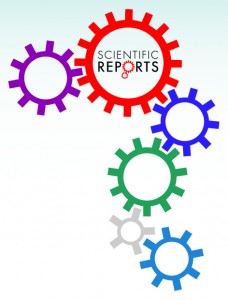
When Retraction Watch began in 2010, our co-founders Ivan Oransky and Adam Marcus quickly realized they couldn’t keep up with the hundreds of retractions that appeared each year. And the problem has only gotten worse — although we’ve added staff, the number of retractions issued each year has increased dramatically. According to our growing database, more than 1,300 retractions were issued last year (and that doesn’t include expressions of concern and errata). So to get new notices in front of readers more quickly, we’ve started a new feature called “Caught our Notice,” where we highlight a recent notice that stood out from the others. If you have any information about what happened, feel free to contact us at [email protected].
What caught our attention: Continue reading Caught Our Notice: Is “miscommunication of the rejection” the new euphemism for “paper accepted”?

 Two journals are retracting papers published by researchers affiliated with Children’s Hospital Los Angeles (CHLA).
Two journals are retracting papers published by researchers affiliated with Children’s Hospital Los Angeles (CHLA). 



 More than 20 faculty members at Johns Hopkins University have signed a letter to Scientific Reports saying they will resign from the editorial board if the journal doesn’t retract
More than 20 faculty members at Johns Hopkins University have signed a letter to Scientific Reports saying they will resign from the editorial board if the journal doesn’t retract